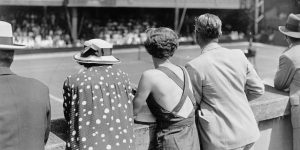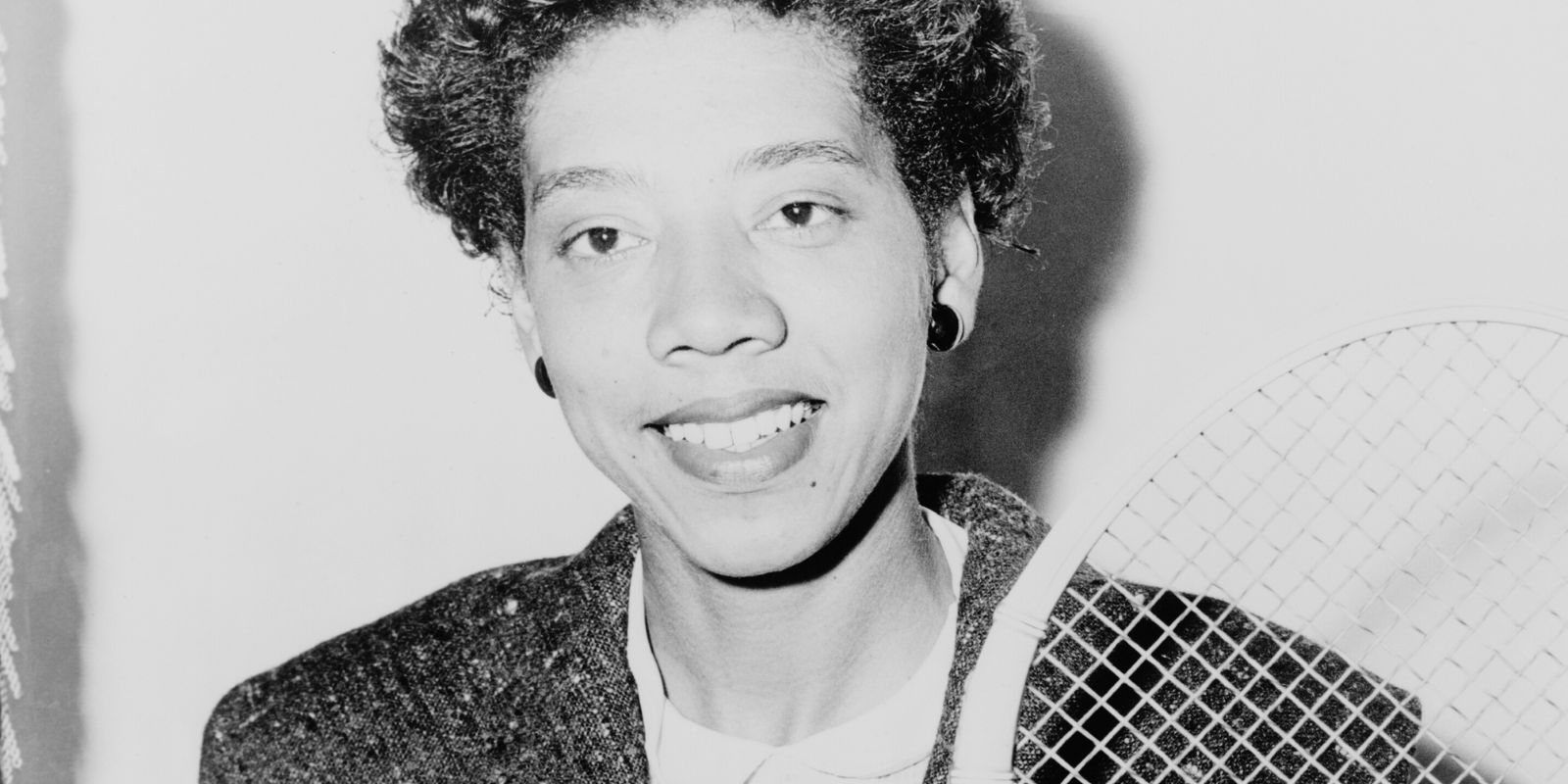What Happened On July 6th?
On July 6, 1957, Althea Gibson became the first African American to win Wimbledon. Gibson, being a woman, broke gender and racial barriers, which were very prominent at the time.
Triumph Over Adversity
Born in Silver, South Carolina, in 1927, Gibson grew up in Harlem, New York during a time of severe racial segregation. Despite the odds, her talent for tennis became evident early on. She entered the predominantly white world of tennis, showcasing her resilience and exceptional skill. In 1950, she became the first African American to compete in the U.S. Nationals (now the U.S. Open).
She trained under Dr. Robert Walter Johnson, who also mentored future stars like Arthur Ashe. Johnson’s support helped to guide her through the racially segregated sports landscape. Gibson’s first major tennis win came at the American Tennis Association’s national championships, an organization for Black players barred from mainstream tournaments.
Wimbledon Of 1957
On that summer day of July 6th in London, Gibson faced Darlene Hard in the finals. With a commanding 6-3, 6-2 win, she lifted the Venus Rosewater Dish. The crowd at Centre Court erupted in applause.
Gibson said, “Shaking hands with the Queen of England was a long way from being forced to sit in the colored section of the bus.” The media covered her win extensively, breaking down racial stereotypes. She was the first champion to receive the trophy from Queen Elizabeth II, adding an extra touch to her victory.

Serving Equality
During the Civil Rights Movement, her success showed what African Americans could achieve despite systemic racism. Newspapers like The New York Times and The Washington Post hailed her victory as a step forward for racial equality.
Her victory challenged the status quo and opened doors for future generations of African American athletes. Gibson’s victory at Wimbledon showed what could be achieved with talent and determination. She was not only a tennis star but also an accomplished singer and saxophonist, having recorded an album and performed on the Ed Sullivan Show.
A Rally Of A Point
Gibson’s triumph inspired many, including a young Arthur Ashe. Ashe, who later became the first African American man to win the U.S. Open and Wimbledon, often spoke of Gibson’s influence on his career. He admired her trailblazing spirit and saw her as a role model.
Ashe also trained under Dr. Robert Walter Johnson and faced racial discrimination throughout his career. In a 1975 interview, Ashe stated, “Althea’s accomplishments showed me that it was possible to break through the barriers that society placed in front of us.” Ashe’s victories in the 1968 U.S. Open and 1975 Wimbledon were part of the legacy that Gibson helped create. Ashe was the first Black player selected for the United States Davis Cup team in 1963.
Game, Set, Match
Gibson’s Wimbledon victory was important not just for its immediate impact but for what it represented in the broader context of sports and society. During the 1950s, Wimbledon was one of the most prestigious tournaments in the world. For Gibson to succeed in such a setting sent a powerful message about the capabilities of African American athletes.

The atmosphere at Wimbledon that day was electric. Spectators, many of whom had never seen an African American woman compete at such a high level, were enthralled by her skill and poise. Gibson’s powerful serves and athletic prowess challenged any preconceived notions about race and athletic ability. Her victory lap around the court, holding the trophy high, resonated deeply with many who had faced similar struggles.
Court Coverage
Media coverage of Gibson’s win shaped public perceptions. Newspapers and magazines featured her on their covers, and her story was broadcast worldwide. This exposure celebrated her achievement and highlighted broader issues of racial inequality and segregation. Gibson’s win became a talking point in households across America, prompting discussions about race, talent, and opportunity.
Gibson’s success also led to increased interest in tennis within African American communities. Tennis clubs and programs aimed at young Black athletes saw a surge in participation, inspired by her example. Her influence helped pave the way for future stars, not just in tennis but in other sports as well.
Holding Serve
Gibson continued to compete at the highest levels, winning the U.S. Nationals later that year and defending her Wimbledon title in 1958. Her relentless pursuit of excellence and her ability to remain at the top of her game showed her extraordinary talent and determination.
Beyond tennis, Gibson’s impact included her advocacy for racial equality and her efforts to inspire the next generation. She spoke at schools, community centers, and sports clubs, sharing her story and encouraging young people to pursue their dreams despite the obstacles they might face.
Net Gains
Despite her public success, Gibson faced personal challenges. The pressure of breaking racial barriers took a toll on her, and she often spoke about the isolation and loneliness she felt as one of the few Black athletes in a predominantly white sport. However, she remained steadfast in her commitment to excellence and her desire to pave the way for others.
Gibson’s story also involved resilience off the court. After retiring from tennis, she faced financial difficulties but found ways to reinvent herself, including a stint as a professional golfer and various public speaking engagements. Her ability to overcome personal and professional challenges further solidified her status as a trailblazer.





